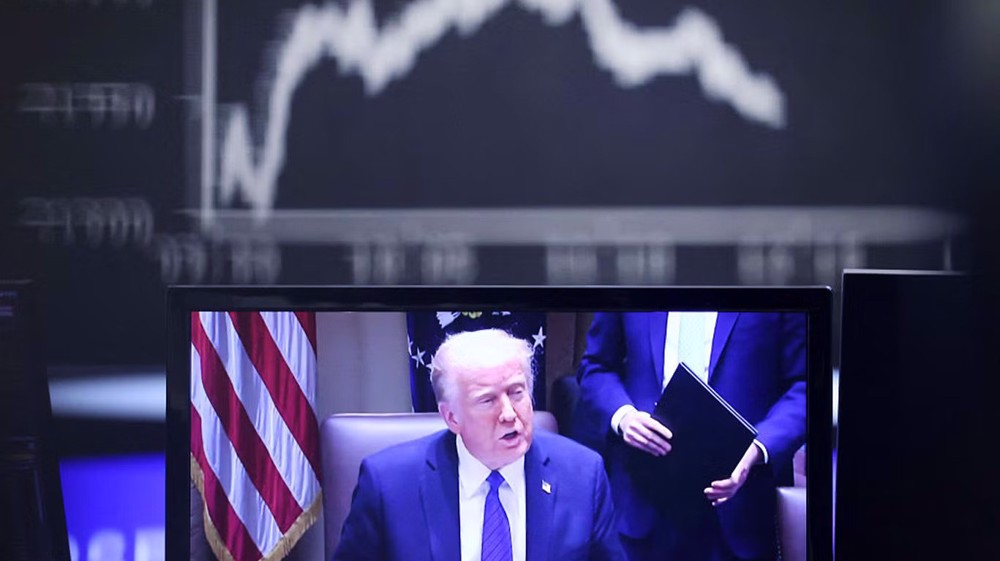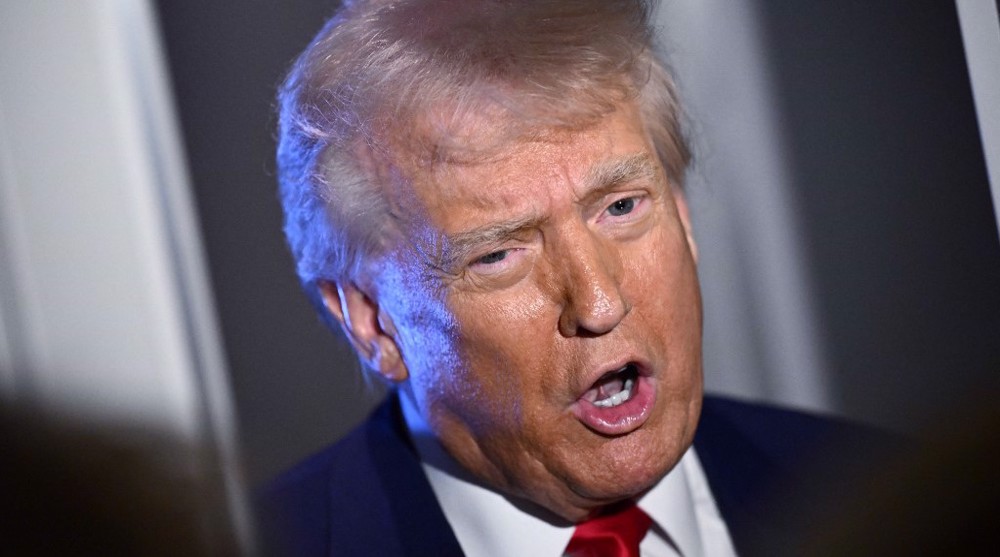Trump's AI bravado perhaps comes 'too late'
US President Donald Trump has signed an executive order, introducing a national agenda to promote artificial intelligence (AI).
The new executive order, signed Monday, devised policies to allocate budget for AI programs. It encouraged federal agencies to take AI initiatives in conducting their duties as well.
"Continued American leadership in Artificial Intelligence is of paramount importance to maintaining the economic and national security of the United States," Trump added.
The order also directed a bloc of federal bodies to establish, for the first time, a set of national "regulatory" standards on AI.
"Artificial intelligence is something that touches every aspect of peoples’ lives, from the way they receive medical care to the way they grow or eat their food to the way that energy is extracted or resources are extracted from across the country," a senior administration official informed reporters last weekend.
"As the pace of AI innovation increases around the world, we cannot sit idly by and presume that our leadership is guaranteed," said the fact sheet produced by the White House's Office of Science and Technology Policy.
Experts, however, cast a shadow of doubt on the service of the new executive order as it lacked details, although seeming ambitious.
The plan did not have a specific timeline or clear objectives and it did not appropriate funds for AI research and developments. Trump asked federal agencies to ration money from their current resources.
Government officials said a more detailed plan would not come any sooner than 6 months.
Some believe that the US was late to the theater, considering China introduced its detailed plan to assume global AI leadership two years ago.
South Korea, Canada, UK and France among other countries laid out their plans to advance their AI technologies ahead of US.
Vowed to unravel the doings of his predecessor, Trump abolished a detailed plan which the Obama administration introduced in 2016.
Concerned that US was not keeping pace with China on developing AI, James Mattis, the former US secretary of defense, asked Trump last spring to create a national strategy on the technology.
"I think that the U.S. is still the dominant force [on AI] and I think that China is rapidly catching up," remained optimistic, the CEO of an AI-oriented institute. However he maintained that the order was "too little, too late."
Even though US companies such as Google and Amazon are considered pioneers in the field, experts believe that China could top the US in technologies which are set to improve power surveillance, autonomous weapons as well as self-driving cars.
The government is also being urged to address concerns revolving around AI technologies that are biased against minorities and disenfranchised communities.
"This administration has a concerning track record of keeping its promises to uphold and protect privacy, civil rights, and consumer protection laws," research center AI Now said in a statement to The Hill. "We are skeptical that the passing mention of these protections will result is any serious efforts to build in appropriate legal, ethical, and policy safeguards to ensure that AI systems are deployed responsibly."
Last year Google withdrew from a $10 billion Pentagon project after employees protested that the project could be used for lethal purposes and therefore it would violate international human rights laws.

Trump tariffs led to a $2.5 trillion wipeout for the US stock markets

China hits back with 34% tariffs on US imports as fears of global recession rise

Negative impact of Trump tariffs on UK economy
Trump's war rhetoric against Iran to impose heavy costs on US and allies: Analyst
United in defense: Iranian civil activists warn US against war
Yemen conducts fresh operation against US warships in Red Sea
VIDEO | ‘Hands off!’ rallies sweep across US: Thousands assail Trump and Musk
VIDEO | Tens of thousands stage protest against EU's rearmament plan in Rome
VIDEO | Israel plans to erase Palestinian refugee camps, right to return
VIDEO | Palestinians in West Bank rally in solidarity with Gaza
Iran jet fuel use up by over 6% in year to March








 This makes it easy to access the Press TV website
This makes it easy to access the Press TV website